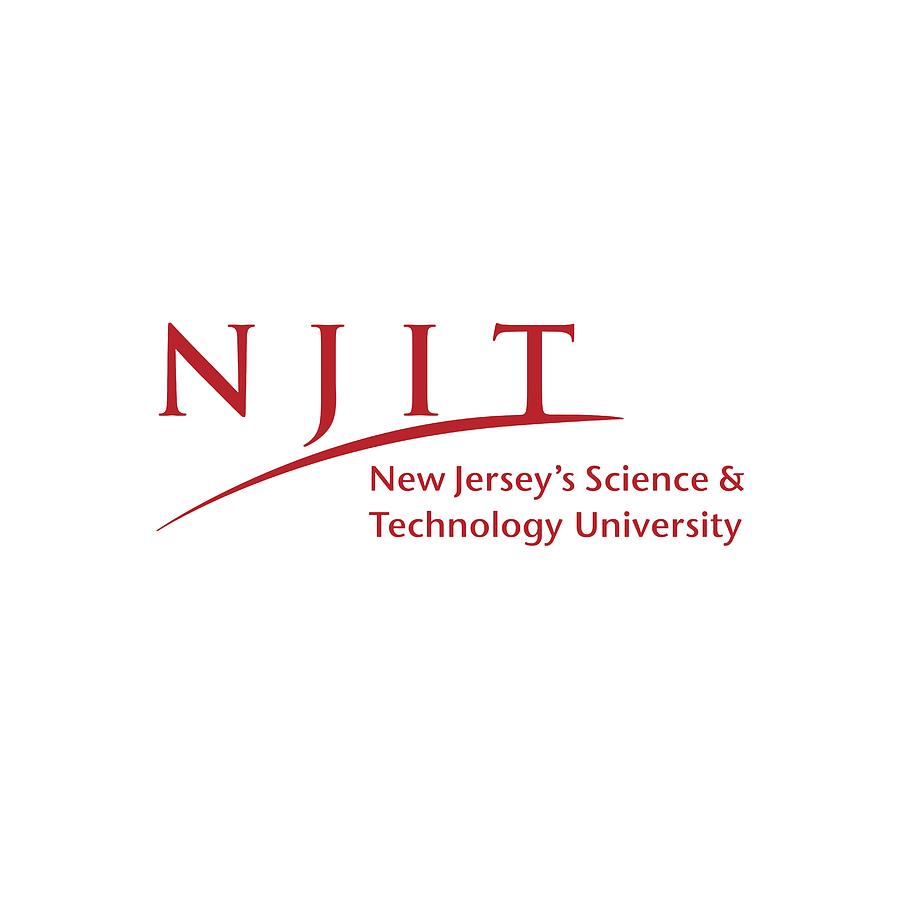
Data for Good: Ensuring the Responsible Use of Data to Benefit Society
Register here
Join the New Jersey Institute of Technology’s Institute for Data Science for the Spring 2021 Seminar Series bringing together scientists, engineers, and users to develop data-driven technologies to solve real-world problems.
About this Event
Every field has data. We use data to discover new knowledge, to interpret the world, to make decisions, and even to predict the future. The recent convergence of big data, cloud computing, and novel machine learning algorithms and statistical methods is causing an explosive interest in data science and its applicability to all fields. This convergence has already enabled the automation of some tasks that better human performance. The novel capabilities we derive from data science will drive our cars, treat disease, and keep us safe. At the same time, such capabilities risk leading to biased, inappropriate, or unintended action. The design of data science solutions requires both excellence in the fundamentals of the field and expertise to develop applications which meet human challenges without creating even greater risk.
The Data Science Institute at Columbia University promotes “Data for Good”: using data to address societal challenges and bringing humanistic perspectives as—not after—new science and technology is invented. Started in 2012, the Institute is now a university-level institute representing over 350 affiliated faculty from 18 different schools and institutes across campus. Data science literally touches every corner of the university.
In this talk, I will present the mission of the Institute and highlights of our educational and research activities—all with the aim of ensuring the responsible use of data to benefit society.
Jeannette M. Wing is Avanessians Director of the Data Science Institute and Professor of Computer Science at Columbia University. From 2013 to 2017, she was a Corporate Vice President of Microsoft Research. She is an Adjunct Professor of Computer Science at Carnegie Mellon University where she twice served as the Head of the Computer Science Department and had been on the faculty since 1985. From 2007-2010 she was the Assistant Director of the Computer and Information Science and Engineering Directorate at the National Science Foundation.
Professor Wing’s general research interests are in the areas of trustworthy computing, specification and verification, concurrent and distributed systems, programming languages, and software engineering. Her current interests are in the foundations of security and privacy, with a new focus on trustworthy AI. She was or is on the editorial board of twelve journals, including the Journal of the ACM and Communications of the ACM. Professor Wing is known for her work on linearizability, behavioral subtyping, attack graphs, and privacy-compliance checkers. Her 2006 seminal essay, titled “Computational Thinking”, is credited with helping to establish the centrality of computer science to problem-solving in fields where previously it had not been embraced.
